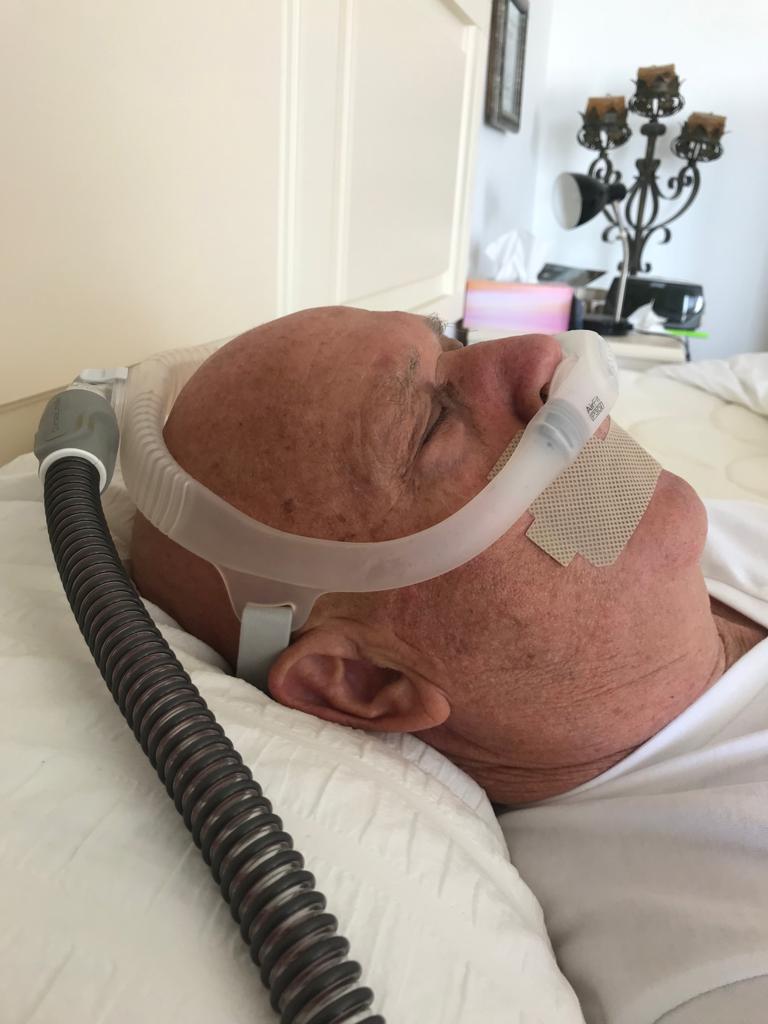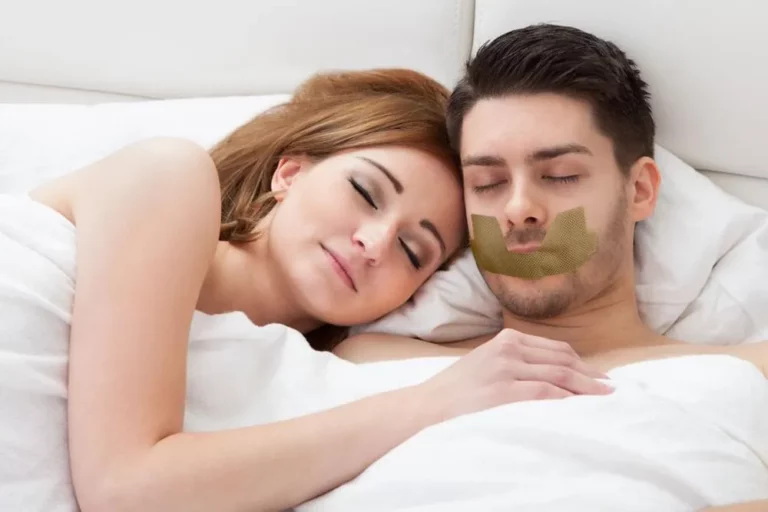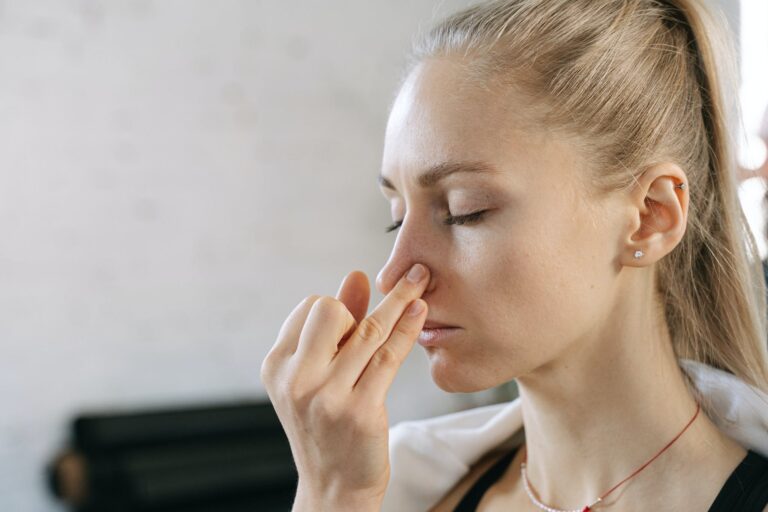How to stop sleeping with your mouth open:
Sleeping with your mouth open might seem harmless, but it can lead to various issues, including dry mouth, bad breath, and even disrupted sleep. Whether it’s a habit you’ve developed over time or a result of a medical condition, learning how to keep your mouth closed during rest can improve your overall sleep quality and oral health. This comprehensive guide aims to explore the causes of sleeping with your mouth open, its consequences on your health, and practical strategies to help you break this habit.

Understanding Why You Sleep with Your Mouth Open:
Habitual Factors:
- Positional Habits: Your sleeping position can significantly affect whether you sleep with your mouth open. People who sleep on their backs are more prone to this habit, as gravity can cause the jaw to relax and the mouth to open.
- Nasal Congestion: If you have chronic nasal congestion or allergies, you might find it more comfortable to breathe through your mouth during sleep.
- Dry Mouth: Certain medications, medical conditions, or dehydration can lead to dry mouth, making it more likely for you to breathe through your mouth while sleeping.
Medical and Anatomical Factors:
- Enlarged Tonsils or Adenoids: In children, enlarged tonsils or adenoids can obstruct the airway, making it difficult to breathe through the nose.
- Deviated Septum: A deviated septum, a condition where the nasal septum is crooked, can obstruct nasal breathing, leading to mouth breathing during sleep.
- Sleep Apnea: Sleep apnea is a sleep disorder characterized by repeated interruptions in breathing during sleep. It often leads to mouth living as the body attempts to get more oxygen.
The Consequences of Sleeping with Your Mouth Open:
While sleeping with your mouth open might not seem like a big issue, it can have several short-term and long-term consequences.
Short-Term Consequences:
- Dry Mouth: Mouth breathing reduces saliva production, leading to a dry mouth. It can be uncomfortable and contribute to bad breath.
- Throat and Mouth Dryness: The lack of moisture in the mouth and throat can cause discomfort and irritation.
- Bad Breath: Dry mouth is a common cause of bad breath (halitosis), which can be embarrassing and affect your confidence.
- Disturbed Sleep: Mouth breathing may lead to disrupted sleep, causing you to wake up feeling less rested.
Long-Term Consequences:
- Dental Issues: Chronic mouth breathing can contribute to dental problems, such as an increased risk of cavities and gum disease.
- Oral Health: Dry mouth can lead to various health issues, including gum problems, tooth decay, and mouth sores.
- Snoring and Sleep Apnea: Sleeping with your mouth open can exacerbate snoring and sleep apnea, which can have profound health implications.
- Facial Changes in Children: Chronic mouth breathing can lead to changes in facial development, including an elongated face and malocclusion (misaligned teeth).
Strategies to Stop Sleeping with Your Mouth Open
Breaking the habit of sleeping with your mouth open may take some time and effort, but it is achievable. Here are some effective strategies to help you switch to breathing through your nose during sleep.
Identify and Address Underlying Issues:
Before attempting to change your sleeping habits, it’s crucial to identify and address any underlying issues causing you to sleep with your mouth open. These issues may include:
- Nasal congestion: If you have allergies or chronic nasal congestion, consult an allergist or an ear, nose, and throat (ENT) specialist for treatment options.
- Medications: If dry mouth is a side effect of drugs, speak to your healthcare provider about potential alternatives.
- Medical conditions: If you suspect a medical condition like sleep apnea is causing your mouth to breathe, seek a diagnosis and treatment from a healthcare professional.
Change Your Sleeping Position:
If you tend to sleep on your back, try changing your position. Sleeping on your side can help keep your mouth closed naturally. You can use pillows or a body pillow to support this new sleeping position and prevent rolling onto your back at night.
Use a Chin Strap:
A chin strap is a simple device that wraps around your head and chin to help keep your mouth closed during sleep. It can be effective for some individuals, especially those who habitually open their mouths while sleeping.
Practice Nasal Breathing During the Day:
To encourage nasal breathing during sleep, practice it during your waking hours. Pay attention to your breathing patterns and consciously breathe through your nose throughout the day.
Nasal Strips and Dilators:
Nasal strips and dilators are non-prescription devices that can help improve nasal airflow. Nasal strips are adhesive strips applied to the outside of the nose, while nasal dilators are inserted into the nostrils. They can temporarily open the nasal passages and promote nasal breathing.
Stay Hydrated:
Dehydration can contribute to dry mouth, making it more likely for you to sleep with your mouth open. Make sure to drink enough water throughout the day to stay adequately hydrated.
Humidify Your Bedroom:
Using a humidifier in your bedroom can add moisture to the air, which can help prevent dry mouth and make breathing more comfortable through your nose.
Mouth Taping:
Mouth taping involves using specially designed tape to secure your lips during sleep. While this technique may sound unconventional, it can effectively train you to breathe through your nose.
Consult a Specialist:
If you’ve tried various strategies and still find yourself sleeping with your mouth open, consider consulting a healthcare professional specializing in sleep or an ENT specialist. They can thoroughly evaluate and recommend treatments or interventions tailored to your situation.
Conclusion
Sleeping with your mouth open may seem minor, but it can significantly affect your oral health, sleep quality, and overall well-being. Fortunately, with the right strategies and interventions, you can break this habit and enjoy the benefits of nasal breathing during sleep. Identifying and addressing underlying causes, changing your sleeping position, and using devices like chin straps or nasal strips are practical steps toward achieving a mouth-closed, restful night’s sleep. Remember that consistency and patience are key to successfully making this transition, and seeking guidance from healthcare professionals when necessary can further support your journey to improved sleep and health.






